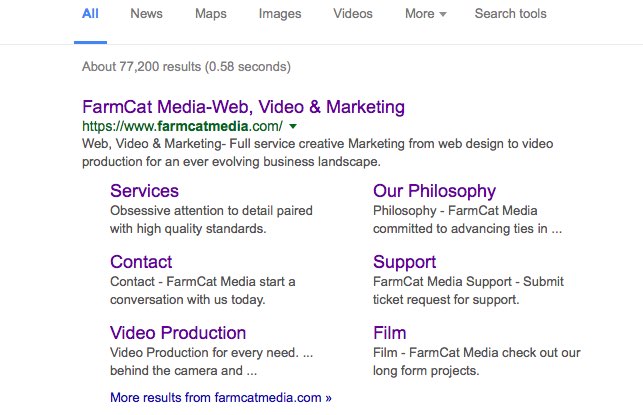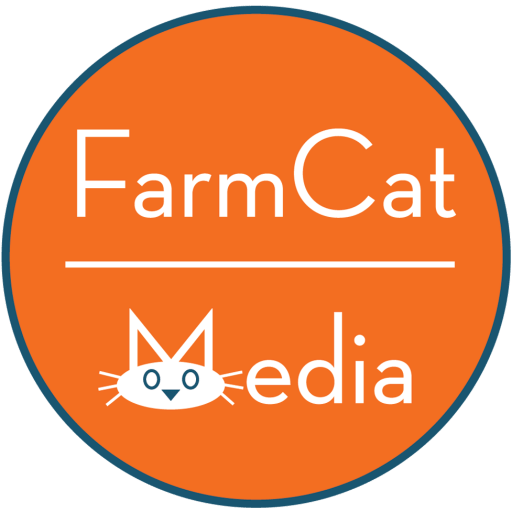SEO & Meta Data- How to be Seen in the Digital Age of Business
Read this post so you don’t mess up your meta data like Yahoo Finance did on their Donald Trump article.
Search Engine Optimization or SEO, a phrase you’ve most certainly heard before.
If you build it they will come may sound great, but just because you build an outstanding website doesn’t mean web surfers will immediately come flocking to you.
The web can be likened to a brick and mortar store. Think of your URL (web address) as a street address and the work you put into your SEO is the location. Maybe that is a bit basic but if people can’t easily locate you on the web it’s highly unlikely you’ll get much foot traffic.
What if I told you you could learn a few simple tricks to crack the basics of SEO. I am going to have to throw in another fancy computer word now, META description. Your meta description is the blurb that describes your website and any particular web page associated. So when you post on a social media network the image, title and short synopsis come over auto-magically. Well, it’s not completely magic… you have to do some work.
Your meta description should contain words that are in your URL and tell your audience who and what you are and in some cases a call to action. If your store is called Fred’s Famous Hams and your web address is fredsfamousham.com your meta description should contain something about your famous hams and tell your viewer how it got famous. Just make sure to keep it around 120 characters. This is the amount of characters search engine’s show in search results. Think of it like your elevator pitch or a plug. You should be able to summarize your pages’ content in about two sentences.

Now let’s take a step back. I explained why having a URL and a meta description help your audience find you. One of the most important steps towards search engine optimization you can take is researching. Take a look at your competition. Start your search using keywords from your text as search terms. If your search doesn’t produce the results you hoped for you might need to change your wording. A couple tools Google has are Google Analytics and Google Trends. These are great tools for researching what people are searching for and how they search.
Check out the top ten listings when doing a search. There’s a reason these sites are coming up first. They have put a lot of thought into their text in terms of searchability. Optimizing requires you to really think about how an audience looks for a goods or services online.
Thinking about what your audience is looking for and how they search can make all the difference in your SEO. For example, if you need a website designer you might search web design or web builder. So if you are providing that particular service you should probably include those words in your text. Be careful, sometimes when writing text we like to get creative or flowery. Stay away from big words or lengthy phrases, web designer is easier to read than digital media developer. It sounds fancy but you’re not writing a novel or poetry, you need to get your point across quickly.
Once you have put thought into your search terms pick the strongest ones. These will be your focus keywords. Focus keywords are a way of telling web crawlers what relevant search terms match your webpage. Your focus keyword should be contained in your URL and in your first paragraph. Your focus keyword should show up between .75 and 1.5 percent in your article.
To recap, for a successful SEO strategy you need to:
1.Research about your audience
2. Find your focus keywords to help create your content
3. Build a unique URL
4. Formulate your meta description.
Just remember, SEO is an ever evolving practice. You need to keep abreast of how and what your audience is searching for in order to lead them to your website. Looking up industry standards every now and again will help to keep your website in tip top optimization shape. Now go out there make your web page Search Engine Optimized!
If you need help we have SEO services, offered in our Web Management Plans. 🙂 Happy-interneting!


Recent Comments